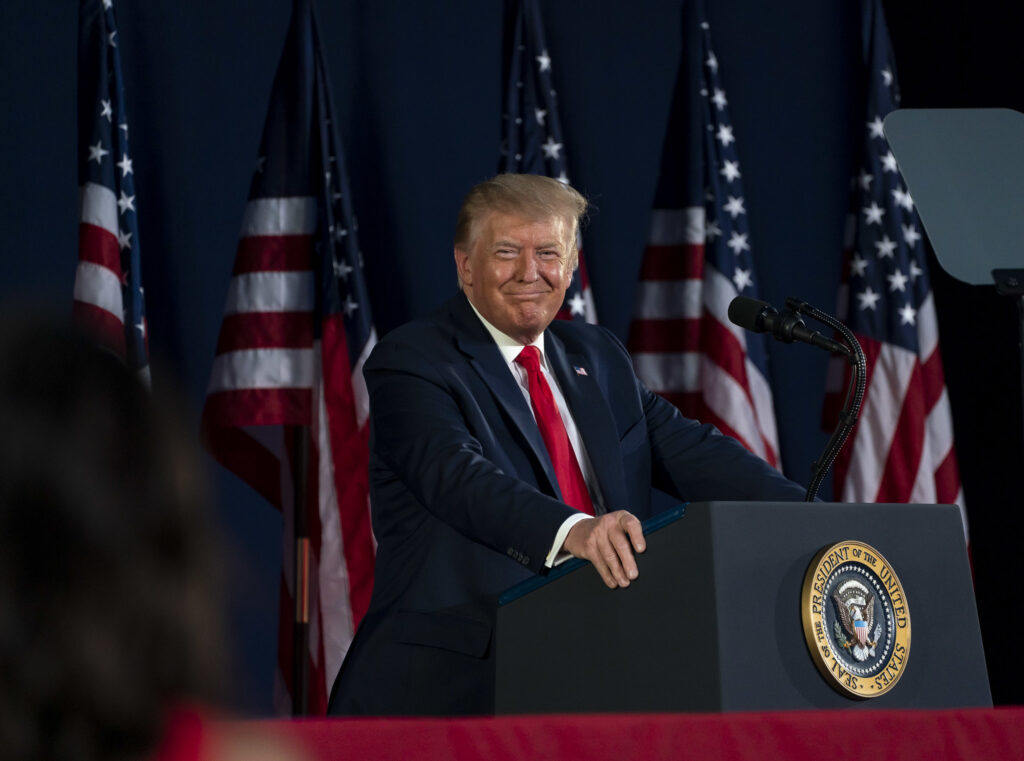Canada announced Sunday night that it is suspending a tax on U.S. technology companies—a move that prompted President Trump to halt trade negotiations, marking a significant victory for the American president.
The Canadian government announced it is suspending enforcement of the tax on U.S. technology firms, which was set to take effect Monday, citing the move as being made “in anticipation of a mutually beneficial comprehensive trade arrangement with the United States.”
Prime Minister Mark Carney notified the Trump administration of the decision, and both countries plan to resume trade negotiations around July 21. Trump had previously condemned the tax as an “attack” on the United States and halted trade talks on Friday to increase pressure on Canada, Just the News reported.
Trump on Thursday touted that the United States has collected $88 billion in just two months under the new tariffs he announced in April, claiming that “everybody” now wants to strike a trade deal with the U.S.
The remark came during a White House event urging Congress to pass his “One, Big, Beautiful Bill” by July 4. The push comes as Trump’s 90-day pause on reciprocal tariffs is set to expire on July 8. Trump said he received a call from members of Congress regarding the unexpectedly high revenue figure, which reportedly raised concerns among lawmakers because it was “much more” than they had anticipated.
“I said ‘so far that sounds good!’” Trump said in his remarks. “I said ‘how much is it?’ They said ‘about $80 billion’ so I said ‘do me a favor, check the tariff line.’ They called me back an hour later and said ‘sir we’ve taken in $88 billion in tariffs.’ Isn’t that a beautiful thing? $88 billion.”
Trump also announced that the United States had signed a trade agreement with China on Wednesday, though he did not provide specifics about the deal. He added that “everybody wants to make a deal” with the U.S. now.
“Remember a few months ago, the press was saying ‘do you really have anybody of any interest?’ Well, we just signed with China yesterday, right? Just signed with China,” he said. “We have everybody—we’re not going to make deals with everybody. Some, we’re just going to send them a letter, say, thank you very much you’re going to pay 25%, 35, 45%. That’s the easy way to do it.
“My people don’t want to do it that way,” he continued. “They want to do some of it but they want to make more deals than I can do. But we’re having some great deals. We have one coming up maybe with India.”



